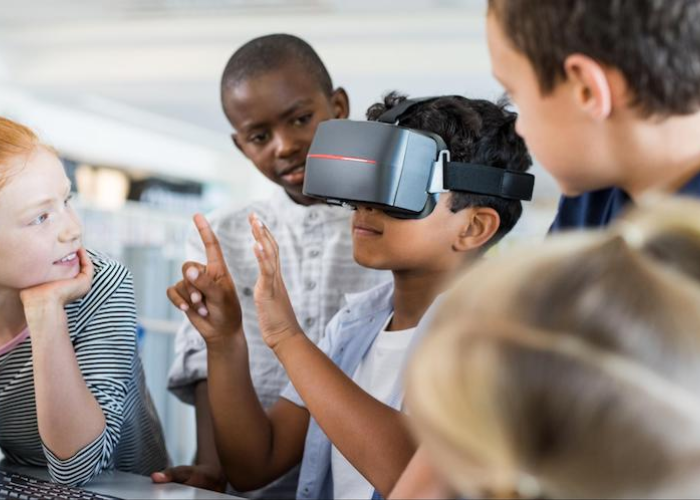The world of education is constantly evolving. As technology advances, so too do the ways in which we learn. Education technology, or EdTech, is a term used to describe any type of technology that is used to improve the teaching and learning process. As EdTech becomes more prevalent in the classroom, it is important to understand the impact it is having, the benefits it provides, and the challenges it presents, as well as the trends and developments in this area.
Definition of Education Technology
Education technology is any type of technology used to aid in the teaching and learning process. This can include software, hardware, web-based tools, and other types of technology. EdTech can be used to support traditional teaching methods, as well as more innovative ones. Examples of EdTech include online learning platforms, virtual classrooms, and interactive whiteboards.
Impact of Education Technology on Learning
The impact of EdTech on learning is immense. From providing access to education for those who may not be able to attend a traditional school, to creating opportunities for collaboration and communication, EdTech is transforming the way we learn. It also allows for the personalization of the learning experience, enabling students to learn at their own pace or focus on topics they are most interested in. EdTech can also provide opportunities for gamification, which can be a powerful motivator for students.
Benefits of Education Technology
The benefits of EdTech are numerous. It provides access to a wider range of resources than ever before and can give students the opportunity to engage with those resources in a variety of ways. EdTech can also be used to measure and track student progress, enabling teachers to tailor lessons to individual student needs. EdTech enables collaboration and communication between teachers, students, and peers, making learning more engaging and providing opportunities for students to share their knowledge with others.
Challenges of Education Technology
Despite the many benefits of EdTech, there are some challenges associated with its implementation. One of the main challenges is the cost of the technology. Another challenge is the lack of understanding and training of teachers on how to use EdTech in the classroom. Additionally, some EdTech tools can be difficult to use, and require significant time and effort to learn. Finally, there are concerns about privacy and security related to the use of EdTech.
Trends in Education Technology
One of the main trends in EdTech is the growing use of artificial intelligence (AI) and machine learning. AI can be used to provide personalized learning experiences for students, as well as to help manage and track student progress. Additionally, augmented reality (AR) and virtual reality (VR) are becoming more prevalent in the classroom, allowing students to explore 3D environments and interact with simulations. Finally, cloud computing is becoming increasingly popular in EdTech, enabling students and teachers to access and share resources from any device.
Developments in Education Technology
One of the most significant developments in EdTech is the rise of online learning. This is allowing students to access high-quality education from the comfort of their own homes. Additionally, EdTech is being used to create more accessible and inclusive learning environments. This includes the use of assistive technology such as screen readers and speech-to-text software, as well as the development of accessible online learning platforms. Finally, EdTech is being used to develop more personalized learning experiences, enabling students to learn in ways that are tailored to their individual needs.
Conclusion
Education technology is transforming the way we learn, providing access to a wide range of resources and opportunities for personalization, collaboration, and communication. EdTech also presents some challenges, such as the cost of the technology, lack of teacher training, and concerns about privacy and security. However, the trends and developments in EdTech, such as the use of AI, AR/VR, and cloud computing, are making education more accessible and inclusive. As EdTech continues to evolve, it is clear that it will have a significant impact on the future of learning.

